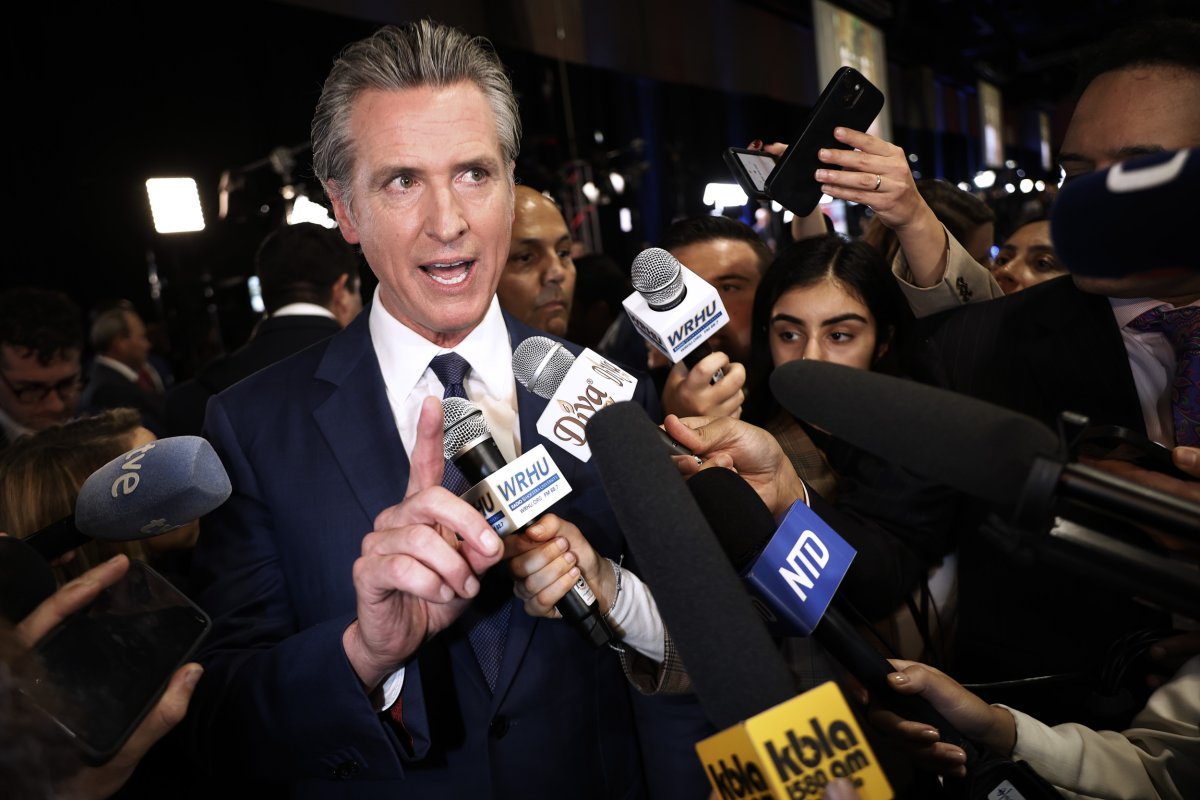
It seems that even some Afghan politicians have gradually come to realize that there is no alternative but to accept secularism in dealing with the prevailing religious politics. Previously, discussions on the importance of secularism were confined to intellectual debates, with politicians remaining silent and refraining from any comment. Even during the Western-backed government in Afghanistan, when the topic of secularism was brought up, everyone from clerics and their offspring to civil activists, tie-wearing democratic politicians, and pseudo-intellectuals would shout at you, claiming, “We are, thank God, Muslims, and you are trying to remove Islam from our lives.
” Now, thanks to the Taliban’s “Islamic Emirate,” even devout Muslim politicians have realized that the solution lies in establishing secularism. The discussion on the necessity of separating religion from the state is no longer taboo, dangerous, or unmentionable. This, in itself, is of great significance and must be cherished.

One of the positive outcomes of the return of Taliban barbarism is that the disastrous performance of the decadent and reactionary clerical rule has paved the way for serious debates on the necessity of separating religion from the state. When the religious barbarism of the Taliban was overthrown by the U.S.
military’s invasion of Afghanistan in 2001, as far as I know, a secular political system was not considered a reasonable and progressive alternative to the dead-end and reactionary religious politics—a mistake whose deadly consequences we are now feeling in our flesh and blood. Perhaps the Westerners, due to the intense religious sensitivities of the people and the low level of public awareness, consciously chose not to raise the issue of separating religion from the state and instead sought the solution of establishing an “Islamic Republic” rather than a secular state, which, given the broad international support for Afghanistan at that historical juncture, might have been feasible and achievable. We were just emerging from a disastrous experience with a completely closed and bigoted religious regime, entering a relatively open political and social space, and except for a few neighboring countries with established religious political regimes, no other country opposed the establishment of a secular government in Afghanistan.
However, we missed that opportunity, and the establishment of the “Islamic Republic” in Afghanistan in no way managed to prevent the religious justification of the Taliban’s war against that government. The Taliban’s return to power after twenty years of crippled democracy has led some of our politicians to understand that secularism contributes to “greater stability and justice in societies.” Afghan politicians seem to be much slower than others in learning from their mistakes.
The current situation in the country is so disastrous that in a world dominated by secular systems, even discussing the necessity of separating religion from the state in Taliban-controlled Afghanistan could result in imprisonment and torture. Now that there is at least a discussion among politicians outside the country about the importance of secularism and its necessity for post-Taliban Afghanistan, it should be welcomed. Better late than never.
The emphasis on the necessity of separating religion from the state in Afghanistan is because religious politics has clearly shown its incompetence and failure in managing life. Three years of Taliban rule over Afghanistan has proven that religious politics, especially of the Taliban kind, the more it beats the drum of “victory,” the more its political bankruptcy becomes evident. Even the Taliban leaders themselves have realized that given their disastrous performance over the past three years, they will not have much-staying power in Afghanistan’s political sphere.
The Taliban have left no stone unturned in enforcing Islam, imposing Shariah on citizens as much as possible, and this process continues. However, the more they strive to enforce Islamic Shariah, the more poverty, corruption, and widespread misery choke the people. The Taliban are thrilled with the implementation of Shariah, while the people are overwhelmed by hunger, confusion, and catastrophe.
This paradox reveals a crisis that, with each passing day, becomes more pronounced in the Taliban’s system, and life under such a degraded, poisoned, and narcotic order has reinforced a situation where strict adherence to the politics of fear, despair, and isolation, rather than rebellion and resistance against the status quo, is one of its main elements. This is the kind of society the Taliban are trying to present as the best that has ever existed. However, such a closed and reactionary social order is only enforced through the lash and the barrel of a gun.
When the shadow of the Taliban’s enforcers of Propagation of Virtue and Prevention of Vice is lifted from the people, life returns to its normal course, and no one pays attention to the Taliban’s commands. This means that religious politics, even in a backward society like Afghanistan, is far behind reality and cannot meet the contemporary needs of our time, nor can it adapt to the current realities. Meanwhile, a kind of Taliban obstinacy insists that to save society from the evils of infidelity and irreligion, it must be dragged back several centuries to the early days of Islam.
This delusion of “saving society” is the worst and most catastrophic folly that has so far claimed the lives of thousands of unfortunate people in Afghanistan. Thus, the longer the Taliban’s political lifespan, the more they fuel the crisis of religious politics. With each passing day, the people will increasingly see in practice how weak, crisis-ridden, and defeated the Taliban’s version of “beloved Islam” is.
This religious politics, which suffers from the severe delusion of “saving society” from the evils of infidelity, corruption, misery, and disaster, is most in need of saving itself from the pathetic situation it finds itself in. But the depth and institutionalization of the Taliban’s delusion of wisdom is so profound that there is no hope for rescuing religious politics from the dilemma it has created, and only secular politics can put an end to this crisis. In other words, the more corrupt and incapable the Taliban’s religious politics becomes in managing the situation, the more it opens the door for the growth and strengthening of secularism, and this is a great opportunity that secular political movements must seize.
You can read the Persian version of this analysis here: ضرورت سکولاریسم | روزنامه ۸صبح.










